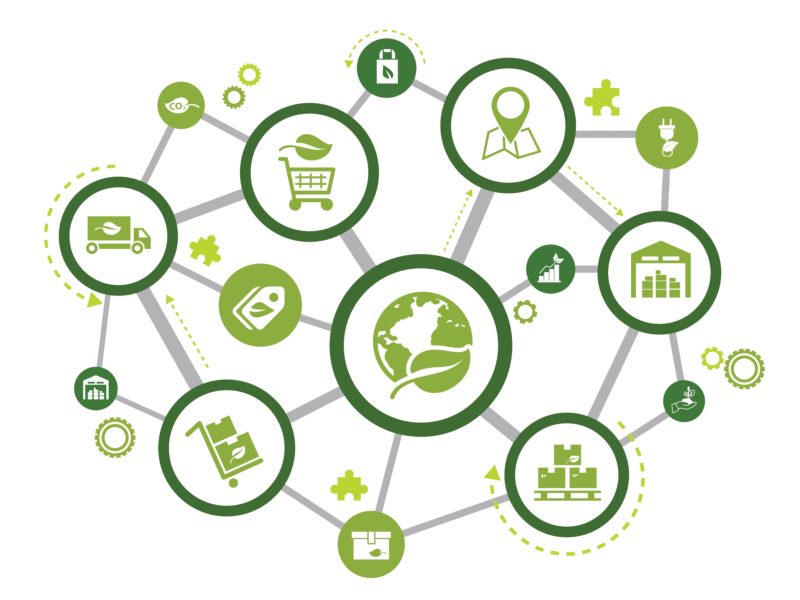
Gartner, Inc. said Tuesday its analysis indicates as much as 95 percent of companies will fail to enable end-to-end resiliency in their supply chains by 2026.
The analysis found that few companies have accepted the industry’s shift from being forecast-driven to being focused on managing uncertainty in the supply chain. Until companies accept that shift, Gartner’s analysis found, end-to-end resiliency in the supply chain will “remain elusive.”
“Companies are scrambling to add resiliency to their supply chain programs today, but ironically they are taking actions that may lead to more fragile and rigid supply chains based on outdated ‘steadier state’ models,” said Tim Payne, vice president analyst with Gartner’s Supply Chain practice. “A current focus on ever-improving accuracy results in supply chains unable to cope with today’s uncertainties and simply reinforces their vulnerabilities.”
Payne said there is confusion in the marketplace around the concept of resiliency and that the confusion results in a buying environment for technology solutions that are often “remarketed” to address resiliency, but that won’t necessarily help companies achieve the flexibility and adaptability they need.
Gartner’s Supply Chain practice recommends companies starting down the path of end-to-end resiliency should avoid “resiliency washing” solutions and instead drop forecasting-based models that enable the company’s supply chain to take full advantage of uncertainty mitigation tactics; drive from unknown uncertainty toward known variability through the use of Artificial Intelligence and Machine Learning; build a digital supply chain twin; and assess supply chain decisions using uncertainty metrics instead of accuracy metrics.